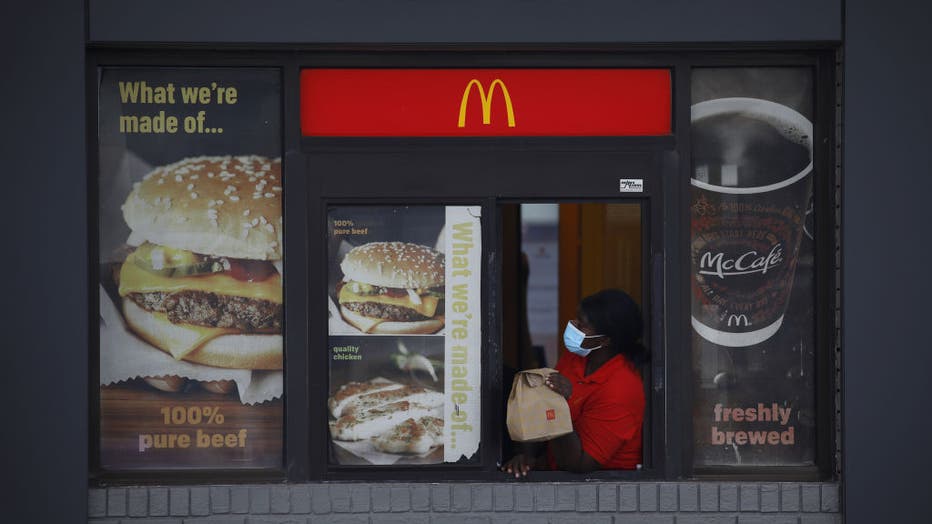3,600 LA County fast food workers are homeless, report shows
Fast food workers demand higher wages
A new study is linking homelessness to fast food industry wages.
LOS ANGELES - Thousands of fast food workers in Los Angeles County are experiencing homelessness, according to a new analysis.
The results published in Economic Roundtable’s study found that workers in the fast-food industry make up 9% of workers in Los Angeles County and 11% of all homeless workers in California.
That equals to 3,595 homeless fast food workers in Los Angeles County, and 10,120 statewide, researchers found.
The study is based on data from the U.S. Census Bureau. Researches measured a series of factors against Census data about restaurant workers who are not living in standard housing.
Fast food wages have increased over the years, but whether it is still enough to keep up with the high cost of living and rising inflation remains.
The hourly minimum wage is currently $15.50 across California for all workers. Workers employed within the city of Los Angeles must receive at least $16.04 per hour, so the wages are higher in some areas compared to others.
The study further found that California’s frontline fast food workers such as cooks and cashiers earned a median income of $14,949 in 2020. Most of them were working part-time, receiving 26 hours per week on average, according to the study.

File photo of McDonald's Restaurant on Wednesday, Oct. 20, 2021. Photographer: Luke Sharrett/Bloomberg via Getty Images
In order to afford housing, 25% of frontline fast food workers in the city of Los Angeles are spending more than half their income on rent, researchers found, and 43% are living in overcrowded housing, defined as households with more than one person per room.
Last year, Gov. Gavin Newsom signe into law AB 257, a nation-leading measure giving more than a half-million fast food workers more power and protections, despite the objections of restaurant owners who warned it would drive up consumers’ costs. The landmark law creates a 10-member Fast Food Council with equal numbers of workers’ delegates and employers’ representatives, along with two state officials, empowered to set minimum standards for wages, hours and working conditions in California.
However, that law is on pause over a Nov. 2024 ballot measure that gives voters the option to reject it.

